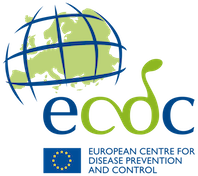The EU Initiative on Health Security aims to strengthen partner countries’ capacities to assess, detect, respond and prevent threats from communicable diseases, as well as enhance regional cooperation.
This training on climate change and infectious disease is part of the initiative’s efforts to address preconditions for efficient public health systems. The impacts of climate change on infectious disease transmission are increasingly well documented. From a One Health perspective, this training will focus on assessing the current knowledge on the topic and identifying good practices for climate change adaptation oriented around anticipating and responding to the direct and indirect threats from climate change.
Dates and duration: TBD (Q2; 2024)
Audience: The training is designed for senior professionals and policy-advisors working in public health from the EU Southern ENP partner countries (Algeria, Egypt, Israel, Jordan, Lebanon, Libya, Morocco, Palestine1, and Tunisia), food safety, animal health, and environmental authorities. 1 This designation shall not be construed as recognition of a State of Palestine and is without prejudice to the individual positions of the Member States on this issue.
Objectives: After completing this training, participants should be able to:
- Communicate the latest scientific knowledge surrounding climate change and infectious disease as it pertains to Southern Neighbourhood Policy countries
- Identify and prioritise the direct and indirect threats that climate change poses to the control of infectious disease
- Discuss regional preparedness strategies for augmenting threat anticipation, early warning, and response in relation to climate change and infectious disease
Participation: This training is not open for self-enrolment. Participation is through invitation only.

